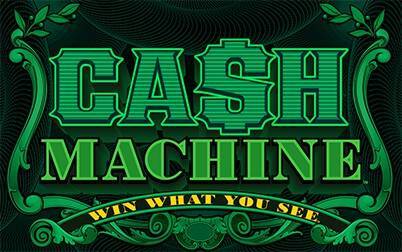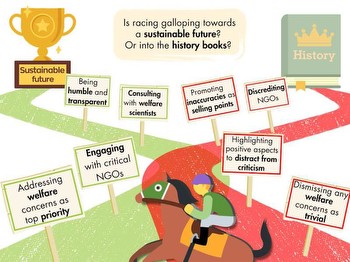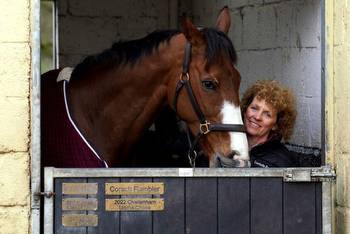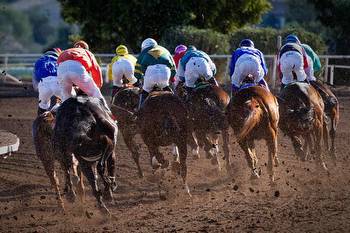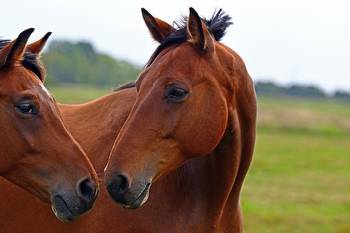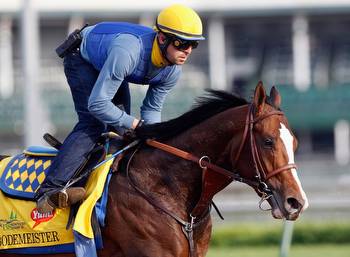In Defense Of Horse Racing: Facing The Question Of Ethics
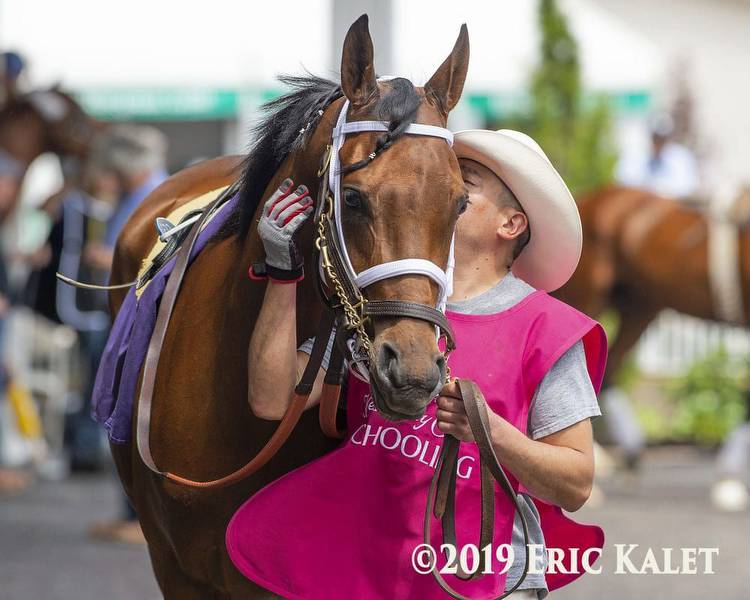
There was a spike in racehorse fatalities at Santa Anita Park in Arcadia, California earlier this year. Many articles criticized the horse racing industry for being unethically destructive of horses. For horse race to survive, it has to defend the morality of the sport.
In Defense of Horse Racing: Facing The Question Of Ethics, the authors argue that it is ethical to race horses. The recent spike in horse racing fatalities is a problem, but uncharacteristic of the racing industry. Racing of horses is not merely an instance of humans using horses for their own selfish ends, it's a partnership that benefits both humans and horses, and it provides jobs for farm workers, feed companies, grooms, trainers and more.
Horse racing industry provides good lives for horses. They have a well-balanced diet, they are well cared for, and they love their job. Good jockeys restrain their horses, because they want to win. The horses want the same thing. People who own and work with horses almost always love them. When a horse has to be euthanized, the owners mourn it deeply. It's not like horses die. After the racing, horses find second careers as pleasure horses or breeding stock. Man o' War, Seabiscuit, Stymie, Secretariat, Seattle Slew, Affirmed, Zenyatta, are some of the famous racehorses.
Nursing mothers, playing with peers, and grazing together are important for their development. They are protected from predators, contagious diseases, parasites, flying pests, harsh weather and have veterinary and dental support.
Alec Walen is a professor of law and philosophy at Rutgers University in New Jersey.
